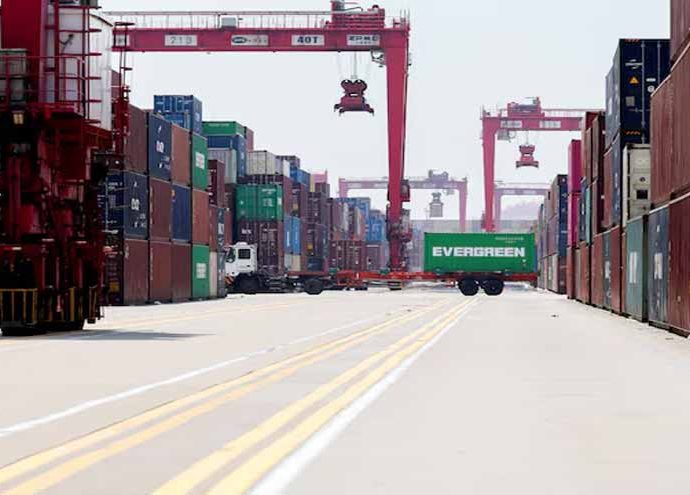HONG KONG (Reuters) — China’s finance ministry announced on Sunday that it will limit government purchases of medical gadgets from the European Union that surpass 45 million yuan ($6.3 million) in value, in response to Brussels’ own restrictions last month.
Tensions between Beijing and Brussels have risen, with the European Union placing taxes on Chinese-made electric cars and Beijing levying levies on imported brandy from the union.
The European Union said last month that it will prohibit Chinese companies from bidding on EU public bids for medical products worth 60 billion euros ($70 billion) or more per year after deciding that EU firms were not granted equitable access in China.
The European Commission unveiled the first step under the EU’s International Procurement Instrument, which goes into effect in 2022 and aims to secure reciprocal market access.
China’s response was expected after its trade ministry announced “necessary steps” against the EU move late last month.
“Unfortunately, despite China’s goodwill and sincerity, the EU has insisted on going its own way, imposing restrictive measures and erecting new protectionist barriers,” the commerce ministry said in a separate statement Sunday.
“Therefore, China has no choice but to adopt reciprocal restrictive measures.”
The EU delegation office in Beijing did not immediately reply to a request for comment.
China would also prohibit imports of medical gadgets from other nations that have EU-made components worth more than half of the contract value, according to the finance ministry. The measures go into effect on Sunday.
The trade ministry stated that items from European enterprises in China were unaffected.
The world’s second and third largest economies will attend a leaders’ conference in China later in July.
China also slapped charges of up to 34.9% for five years on brandy originating in the European Union, the majority of which is cognac from France, after finishing an inquiry that was widely seen as a retaliation to Europe’s EV levies.
Major cognac makers Pernod Ricard, LVMH, and Remy Cointreau were exempt from the duties, as long as they sold at a minimum price that China has not announced.


